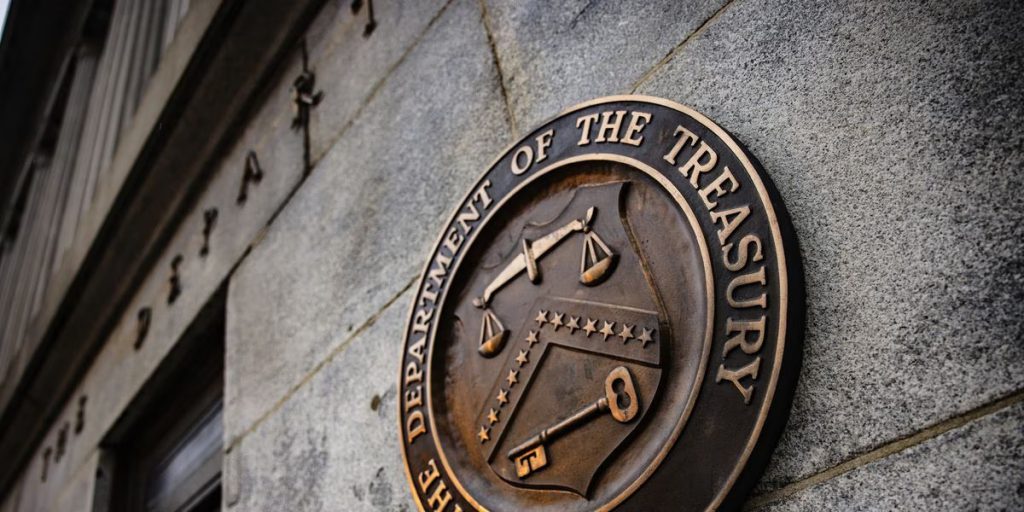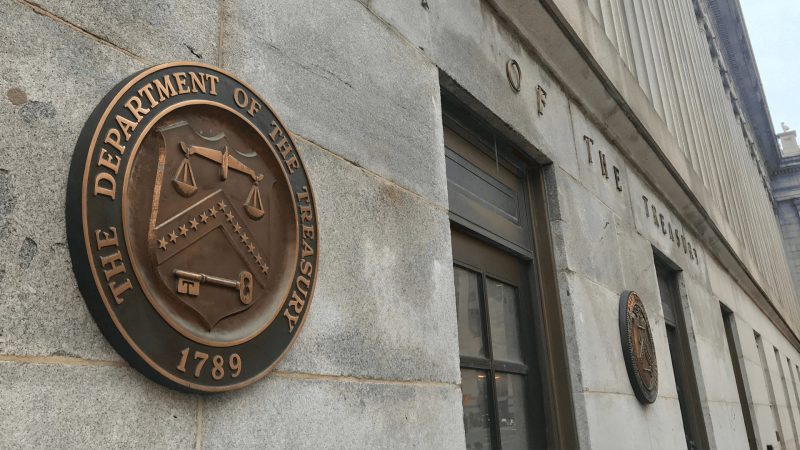The US Treasury is all set to tighten the ropes on the illicit use of crypto. The Treasury has expressed doubts about the illicit use of cryptocurrency in laundering and criminal activities.
The statement issued by the agency outlines specific details to curb maleficent use of virtual assets. The US Treasury is set to urge Congress to grant the agency more power to reprimand malicious elements involved in the crypto process.
The congressional hearing is set to be held on February 15th, 2024.
Also Read: UK Inflation Holds At 4%, Lower Than Estimated
Measures to curb the illicit use of virtual assets will be a highlight of the upcoming congressional hearing


As per the document shared, Brian Nelson, the US Treasury official, has expressed qualms about the malicious usage of cryptocurrency.
“Treasury is deeply concerned about the use of virtual assets for all illicit financial activity.”
To curb the maleficent use of cryptocurrencies in inciting digital crimes and laundering activities, Nelson has expressed a series of solutions. This development also includes urging the authority to grant more power to hold people/firms responsible for inciting such crimes.
The sentiments echoed by Nelson mirror the recent demands made by US lawmakers and legal experts. Senator Elizabeth Warren, a prominent figure in the political space, had earlier called for attention to curb illicit crypto usage.
Also Read: US challenges Saudi Arabia and Russia in Crude Oil Production
Warren also played an instrumental role in propagating the Anti-Money Laundering Bill. The Treasury later shared how it requires additional tools and resources to carve a common ground.
“To root out illicit finance by players in virtual asset markets and forums, we need additional tools and resources. That is why we are eager to work with Congress. We need to adopt common-sense reforms that update our tools and authorities to match the evolving challenges we face today.”





